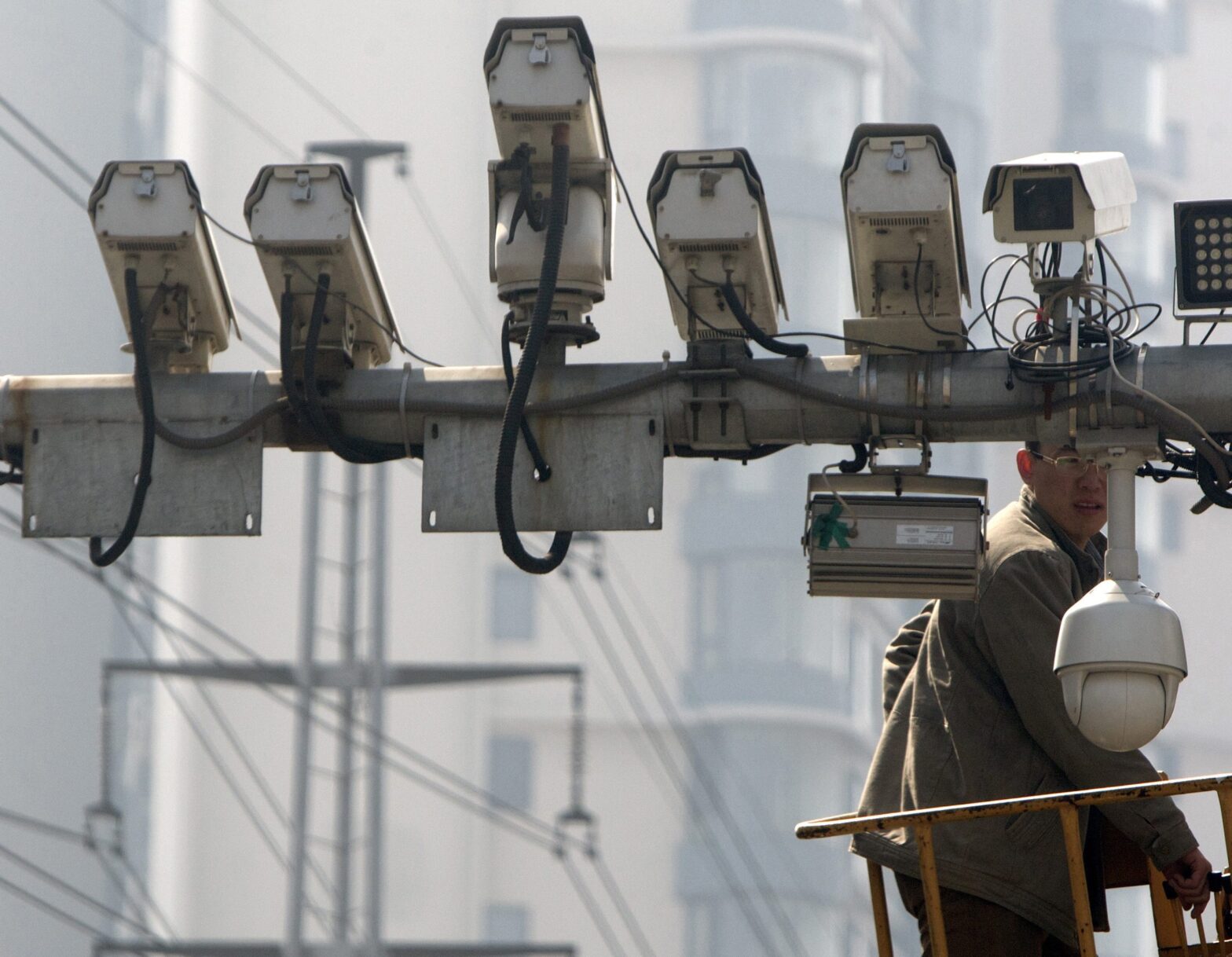Retrograde changes are threatening the fight against corruption and efforts for raising responsibility of public bodies. Adoption of the amendment on the Final proposition of changes to the Freedom of Information Act as suggested by the Parliament Board on internal politics and national security would cause irreparable harm to the spirit of the law and complete evasion of the essential changes.
PRESS RELEASE
Retrograde changes are threatening the fight against corruption and efforts for raising responsibility of public bodies. Adoption of the amendment on the Final proposition of changes to the Freedom of Information Act as suggested by the Parliament Board on internal politics and national security would cause irreparable harm to the spirit of the law and complete evasion of the essential changes.
The proposer of the changes of the FOI Act was expected to address three critical needs: to introduce two tests – on public interest and on proportionality, and to impose an independent body to oversee the implementation of the Act.
Nevertheless, the Parliament Board on Internal Politics and National Security is suggesting, through their amendment, that no one, not even a court, has the right to examine possible abuse of the right of heads of state bodies to classify information. According to the Data Secrecy Act, information may be classified (very secret, secret, confidential, limited access) by the President of the State, the Speaker of the Parliament, the Prime Minister, ministers in the Government, the Head State Attorney, the head of the General Staff of the Croatian Armed Forces, heads of the security system bodies, as well as the people they authorize, and all the other heads of state bodies that are counted in thousands.
In practice, that would mean, as it does right now, that no one would be able to question, for example, the secrecy of contracts between state bodies and company Fimi Media, the cost of contracts between the Croatian Chamber for Nurses and their consultants, or calculations of costs of building and servicing within Croatian Motorways Ltd. The tests of public interest and proportionality would not be done by an independent body or a court, as was suggested by the working group for preparation of the changes of the FOI Act, but according to the Data Secrecy Act – by the same body that has previously classified the information! It is needless to discuss the effectiveness of such a solution.
Although Data Secrecy Act and Information Security Act are important in terms of NATO standards, it is those acts that should be harmonized with the changes of the Constitution and the improved Freedom of Information Act because they relate to fundamental human rights, and not the other way around!
Therefore, after the discussion and before the vote in the Parliament, GONG is alerting the public and Parliament members that the improvement of the legal framework is essential not because of the boxes that need to be checked in order to close the negotiations with the EU, but primarily because of effective exercising of the rule of law and protection of fundamental human rights and freedoms in Croatia.
Respectfully,
Sandra Pernar,
Executive Director
